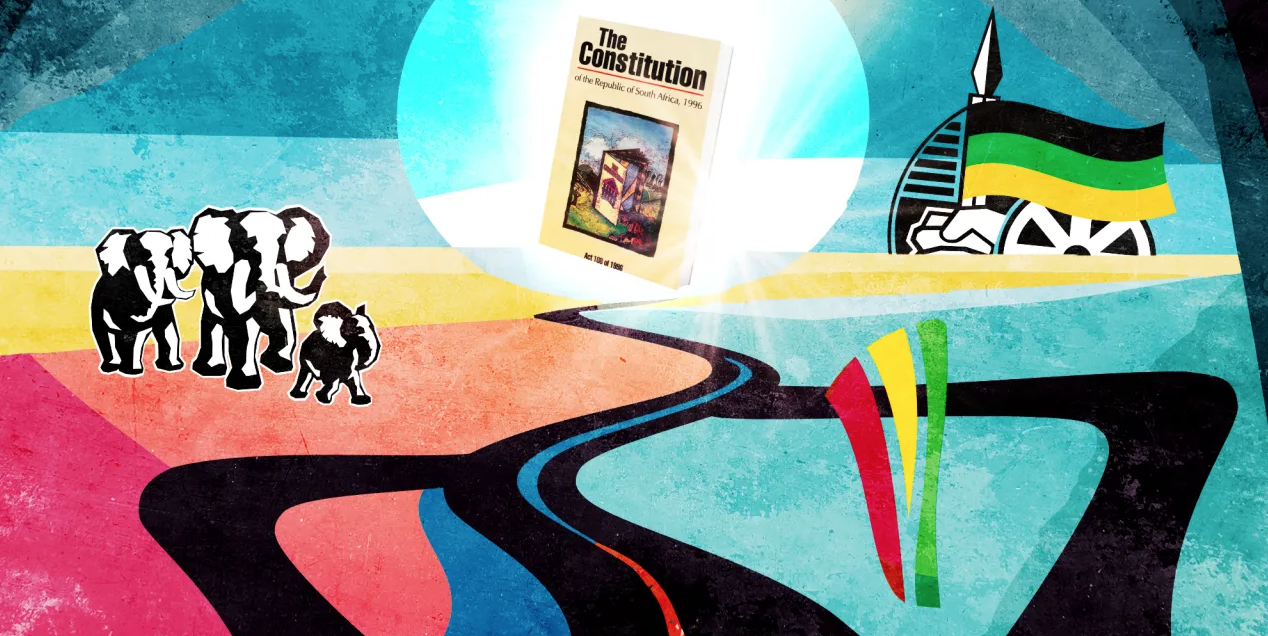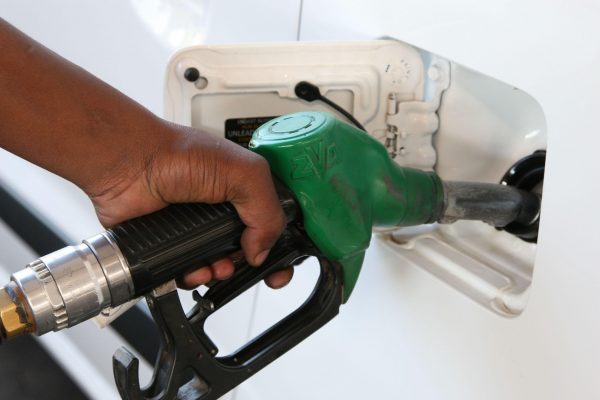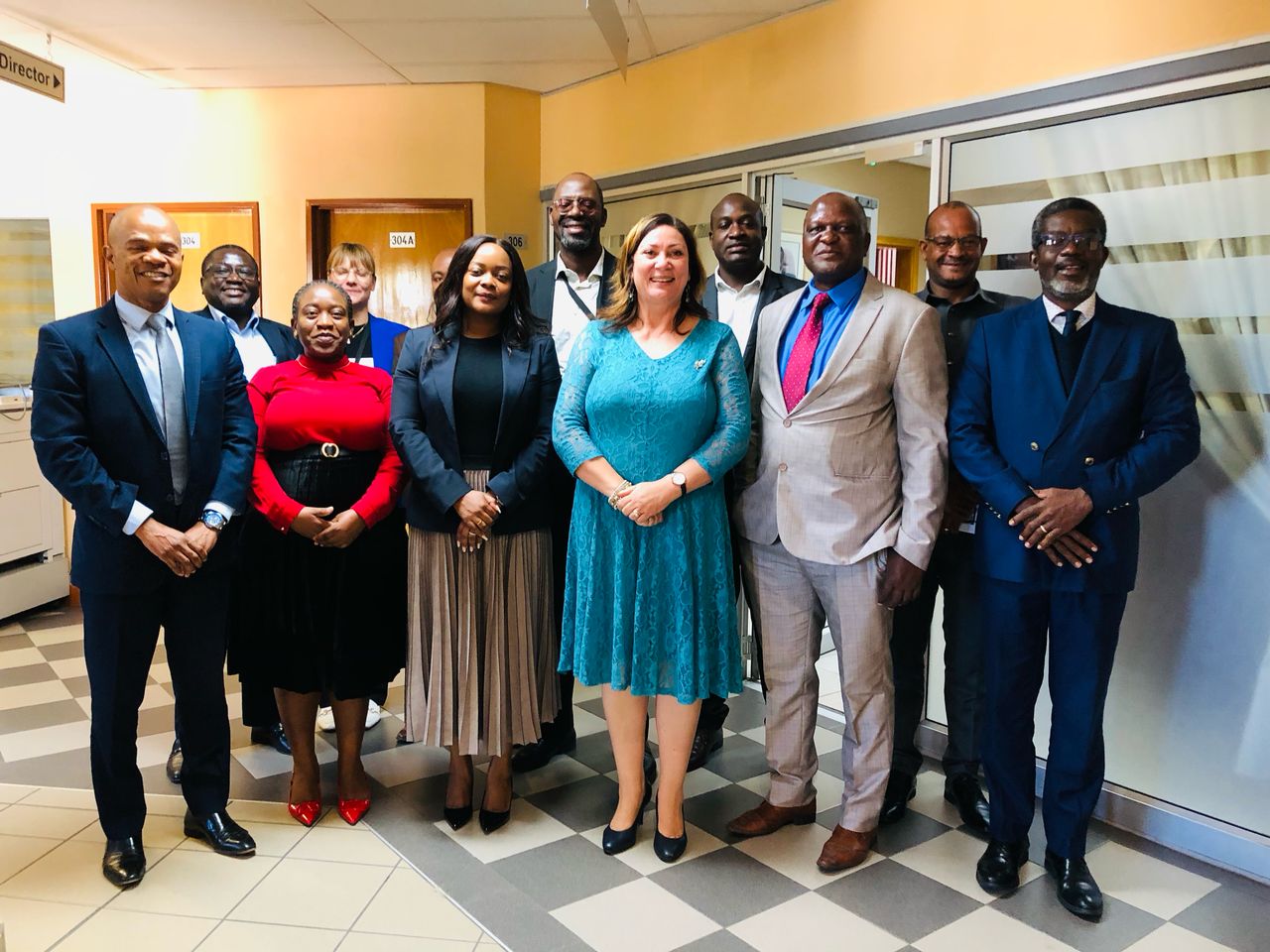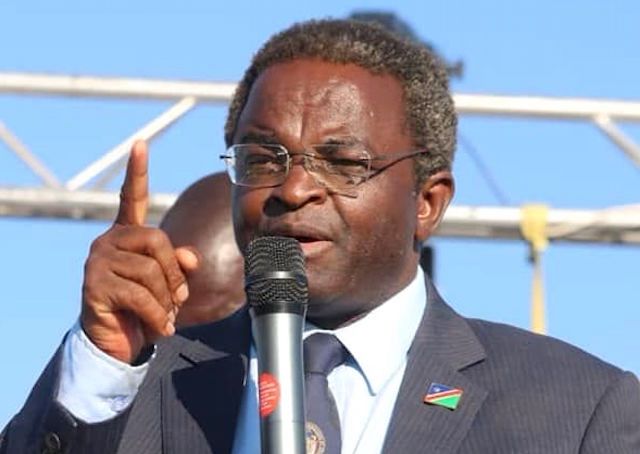While ever more political parties claim they are prepared to work with the ANC in some form in a national government, it is worth examining how close to one another these parties can get. There has been at least one public suggestion that this coalition could lead to the birth of a ‘South Africa Party’ that would represent very different constituencies.
wo weeks ago, just before the crucial sitting of the National Assembly that saw opposition parties voting to support the ANC’s Cyril Ramaphosa for the position of President, there was a key announcement by a small party.
That party was the NFP. The announcement was that it would join the IFP, ANC and DA in a provincial government. At the time, the focus was that this would keep MK and the EFF out of power in KwaZulu-Natal.
A comment by NFP leader Ivan Barnes may prove to be prophetic. While speaking about the NFP’s decision he made a much bigger point. As he put it:
“These leaders of society should not be organised to advance narrow political and factional interests when it is known that they lead communities across all political affiliations. This must be a thing of the past. Joint gatherings and rallies must be held by all parties who are part of the government of national unity and provincial unity as part of ensuring that the people of this country pull behind a common vision.”
What he was calling for was quite radical: events involving the ANC, the IFP the DA and other parties at which all of their supporters would be included.
Considering that much of our politics consists of leaders looking for ways to divide us, this is extraordinary.
But given KZN’s political history, which saw the IFP and the ANC engaged in long-term conflict in the 1990s and, more recently, incidents of violence between members of the IFP and the NFP, there is an important impetus behind the call: Could the joint events see these parties working together electorally?
The DA and the IFP have a working relationship in KZN that was signed before the now defunct Multi-Party Charter movement was formed.
The rise of MK there might well scare the leaders of the ANC, DA, IFP and NFP into working together for a long time.
A new political vehicle
Meanwhile, the chair of the Institute for Security Studies, Jakkie Cilliers, has suggested that one of the best options for the country is for various parties to form a “South Africa Party”.
He argues that this is the only way to create a political vehicle that would unite people from different constituencies.
Of course, at a time when DA Federal Council Chair Helen Zille claims that ANC Secretary-General Fikile Mbalula does “not seem to understand” the agreement he has signed, this may seem like sheer fantasy.
That said, what unites the ANC and the DA (and others in the coalition) is a shared belief in constitutionalism. Should MK and the EFF grow in strength and appear to threaten this, this could push these parties closer together.
There are one or two key decision points that will indicate whether this will happen.
The major fork in the road could well appear in the next few months.
At some point, the parties involved in the coalition will have to decide whether they will work together in local government. As previously examined, it is difficult to imagine the ANC working with the DA and the IFP in the national and provincial governments while cooperating with the EFF in two of the biggest metros.
If the coalition parties do decide to work together in local government, then within the next year they would have to decide whether to campaign against each other in the local government elections.
If coalitions in local government had been working, it would surely be easier for them to avoid campaigning directly against each other, making this the beginning of the end of the distinct identities of these parties.
‘National Dialogue’
There is another process under way which could give this more impetus.
Speaking before the election, former president Thabo Mbeki consistently called for a “National Dialogue”. He made this call again while casting his ballot.
His foundation, working with several others, is about to launch a major campaign for such an event to happen.
Of course, this will not solve our problems — and it could even be a dangerous distraction.
One of the major problems facing such an event is how to determine who would represent which constituencies.
In the 1990s it was simpler: the ANC represented many black people, the National Party represented most white people, the IFP had its constituency, and so on.
Now the individual identities of parties are what many of their leaders and members cherish.
However, it could now be in the interests of many of the parties in the coalition government to use this opportunity to start to work together more fundamentally.
Admittedly, it’s hard to envisage parties representing such different constituencies coming together.
For example, can the PAC and the FF+ form a single party, if they represent such different constituencies? And there appears to be little trust between the parties in the middle, the ANC and the DA.
But, a single party representing such different constituencies might be a repeat of what happened with the ANC. When it was formed it was never intended to be a multiclass, nonracial party. It was only in the 1960s that the party allowed people from all racial groups to become members.
This was a process that happened over time.
A new South Africa Party could be formed quickly because of the sheer urgency of the situation.
While many factors mitigate against this happening, for the leaders involved in the new coalition, there is a powerful incentive: It may be the best way for them to retain political power, which could see them, in the end, moving in this direction.
As strange as it may seem.
Stay informed with The Namibian – your source for credible journalism. Get in-depth reporting and opinions for
only N$85 a month. Invest in journalism, invest in democracy –
Subscribe Now!










